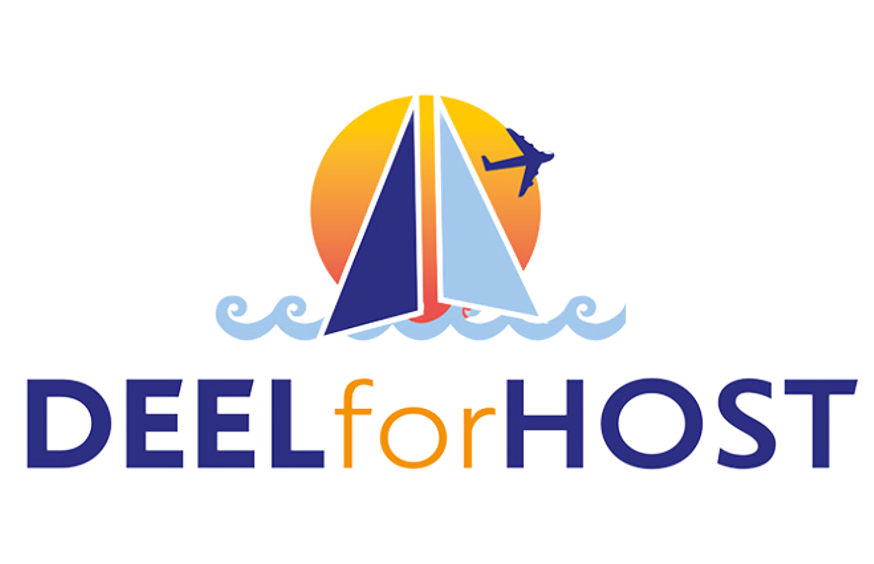The University of Piraeus was founded in 1938 and has grown to include 4 Schools and 10 Departments. It offers a wide range of subjects like Management, Economics, and Informatics, serving over 12,000 students with a staff of 250+.
They’ve been part of the Erasmus Program since 1987 and hold the Erasmus Extended University Charter, allowing participation in various program actions. They participate in research projects, cooperate with European educational programs, make international agreements, and engage in various international activities and networks.
The University of Piraeus has experience in promoting student employability. They are part of several networks, including the EUROPEAN ASSOCIATION ERASMUS COORDINATORS and the EUROMEDITERRANEAN NETWORK UNIVERSITIES, which can help in project communication and dissemination. The university has numerous agreements with European and international institutions under the Erasmus+ International Credit Mobility Project.
Missing info
The University of Economics – Varna is a modern and innovative institution with a rich history of 100 years. They value academic traditions while embracing flexibility in education.
The university also has a vibrant cultural calendar, offering events related to theater, music, cinema, and dance. They invest in creating a high-tech learning environment and aim to excel in teaching, training, and research. The university’s strategic goals include becoming a dynamic and international educational and research institution.
The university has graduated over 123,000 students, and currently, it has more than 7,000 students and a dedicated teaching staff. It offers various programs in economics, administration, management, tourism, and IT.
The University of the Balearic Islands was founded in 1978 and is the only publicly-funded higher education institution in the Balearic Islands. It offers a wide range of programs in various fields and has over 13,000 students, a significant number of academic staff, and a substantial budget.
It’s organized into faculties, schools, and research institutes. It was recognized as a ‘Campus of International Excellence’ in 2011, focusing on sustainable tourism and water management. The university has a strong connection with the tourism industry, with several hotel chains supporting joint research and collaboration.
The University of Cyprus was established in 1989. It has over 7,000 undergraduate students and offers a variety of programs. The Department of Computer Science is active in areas like Artificial Intelligence, Software Engineering, and Internet Technologies. They publish over 100 research papers annually and have been involved in numerous European Union projects, securing around 30 million euros in funding.
The Software Engineering and Internet Technologies (SEIT) Laboratory is part of the Computer Science Department. They also work on ICT-enabled Creativity, Learning Environments, Health monitoring, and more. SEIT has a team of 12 staff, including postdoctoral scientists and PhD researchers, and they have extensive experience in applying technology to e-Learning and open distance learning.
In recent years, SEIT has led and participated in various Erasmus+ projects and other initiatives related to education, technology, and innovation. They are currently involved in projects like eSticky and national projects like ReaDI-STANCE.
This is a non-profit organization with over 20 years of experience in regional tourism development. They have about 100 members, including local municipalities, small businesses, educational institutions, and private individuals. They work with small businesses to provide educational events and exchange visits. They also include these businesses in their tourism materials.
Local municipalities are involved in their projects, and they participate in exchange visits. Some projects focus on developing small and medium-sized enterprises.
The organization focuses on developing active tourism, including activities like cycling, hiking, greenways, and EuroVelo.
The European Association of Erasmus Coordinators was established in 2004 in Poland and now has over 80 institutional members from both EU and non-EU countries. Their goals include sharing information and experiences among Erasmus Program Coordinators, promoting student and staff mobility within and beyond the European Union, and supporting education and quality standards.
The association also organizes events like the annual ERACON, which includes workshops, seminars, and an education fair for universities to share information about their programs and opportunities. They have a database to help institutions and businesses support ERASMUS student placements and staff training. The association’s office is in Cyprus, and they have a Management Board with nine members.
